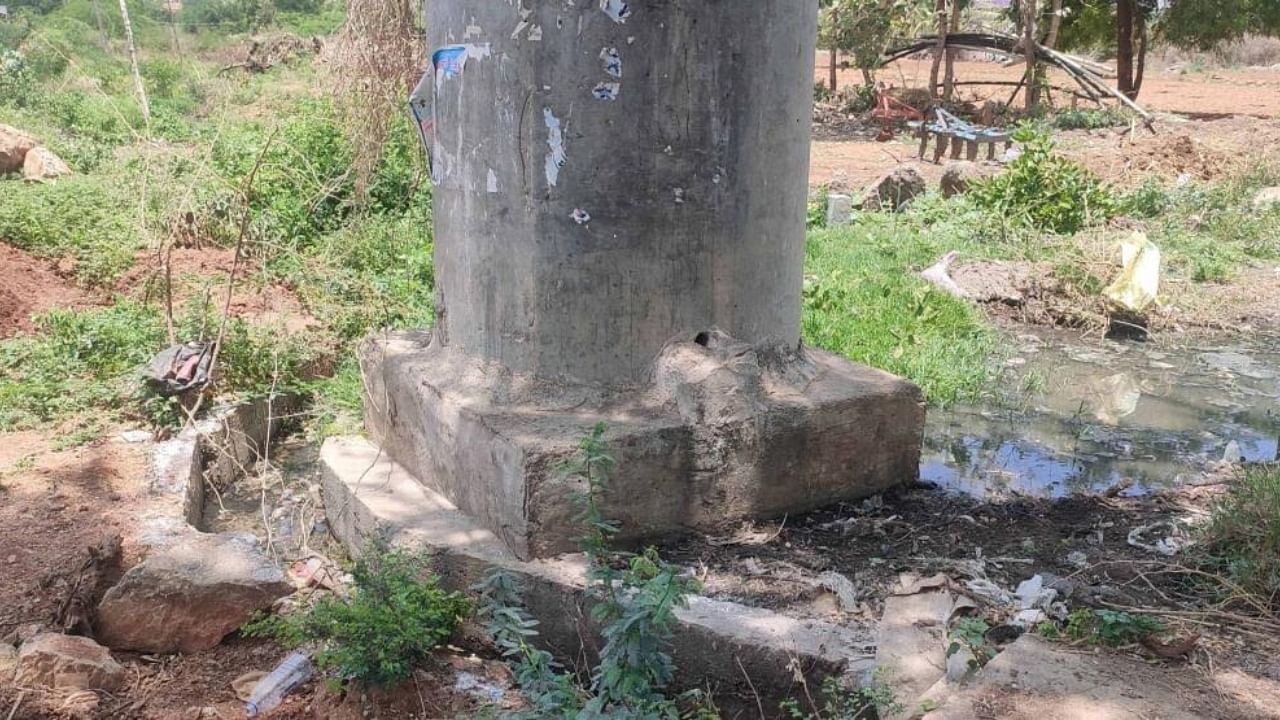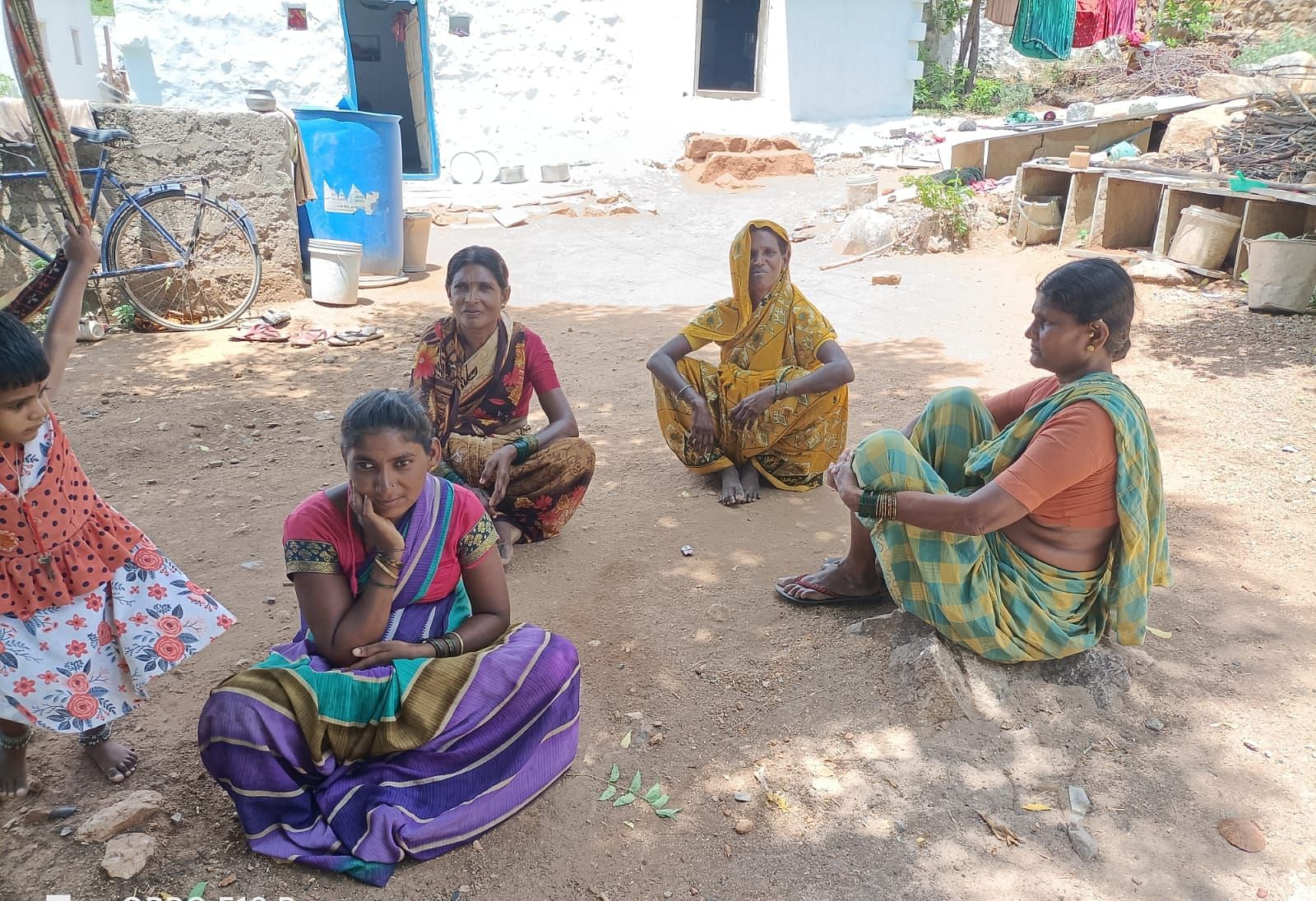

Defunct reverse osmosis plants, high fluoride and arsenic content, water contamination, and a dilapidated pipeline network have resulted in widespread illness and even deaths in the Kalyana Karnataka region. This is evidenced by three fatalities in Raichur and Koppal districts within a fortnight. The deaths occurred due to the consumption of contaminated water that contained high levels of fluoride contents.
In fact, according to estimates of grassroots workers, 40 per cent of people in rural Kalyana Karnataka are dependent on fluoride water.
It was only the death of a boy in the little hamlet of Rekalamaradi in Devadurg taluk, which prompted some action. Soon after the fatality, Chief Minister Siddaramaiah constituted a state-level committee, which reported the contamination of borewells with drain water.
In this village, where 30 people had fallen ill due to fluoride-contaminated water, Rangamma Dori explains that she suffers from joint-related ailments and back pain. "The doctors had advised our family to stop consuming this water. But, we have no choice but to drink borewell water. We cannot travel two kilometers to fetch purified water all the way from the next village. Many of us do not own vehicles,” Rangamma said.
In fact, Siddamma, Basamma, Virupamma, Nagamma and many other women approaching 60 years of age suffer from kyphosis (rounding of the back) due to fluorosis.
Another resident, 39-year-old Ramesh Bhovi, a stone crusher, looks perfectly normal. But he cannot bend down due to stiffness of joints.
The reverse osmosis plant in the village became defunct a few months ago, making the only source of water — borewells — contaminated with fluoride. As a result, most middle-aged people suffer from similar ailments.
"The water pipeline has been damaged as a road widening project is underway in the village. This has led to contamination of water. We had made several pleas to the officials to repair the RO plant. The gram panchayat cannot afford the repairs," gram panchayat member Balappa said.
Shashidhar Kurera, the Raichur Zilla Panchayat CEO, said that 35 per cent of the RO plants in the district have become defunct. Most plants are built from the CSR funds with the financial assistance of the Rural Water Supply Department and Kalyana Karnataka Region Development Board. The agencies handed over the RO plants to Gram Panchayats after taking care of the operation and maintenance for one or two years.
"Direction has been given to the officials to undertake the repair work of the defunct RO plants. The agencies concerned will take up repair work until it is handed over to Gram Panchayat. We will replace these plants if there is major repair when it lacks adequate funds,” Kurera said.
He added that potable water could be provided to all 1,405 habitations in the district once the multi-village scheme of providing piped water connection to households from the Narayanpur reservoir is completed.
In Koppal Zilla Panchayat, a nine-year-old had succumbed after contamination of water, says Rahul Ratnam Pandey, Koppal Zilla Panchayat CEO.
The death of another toddler in Basarihal village, and reports of 12 people suffering from diaorrhea and vomiting, prompted the Zilla Panchayat to organise health tests. The administration also issued notices to contractors for improper pipeline installation work under the Jal Jeevan Mission.
Several organisations came together to argue that pipeline installation work was of low quality. “Maintenance and repair of RO plant will be tough for Gram Panchayats," said Grameena Kuli Karmikara Sangh leader Virupama Dotihal.